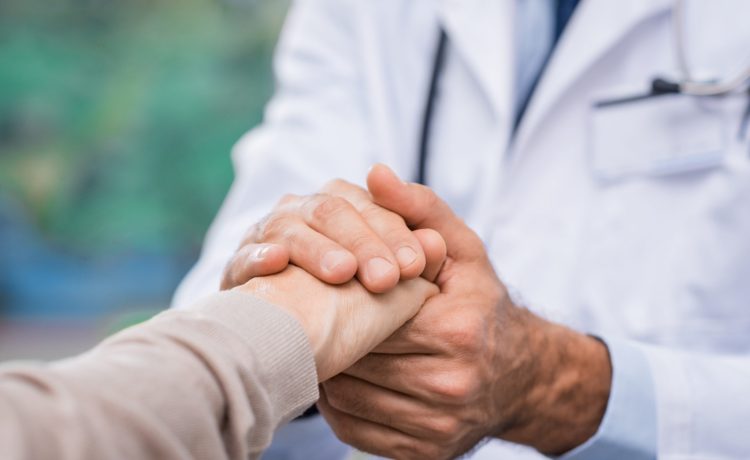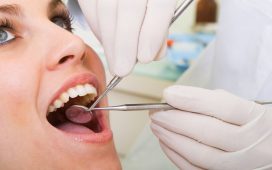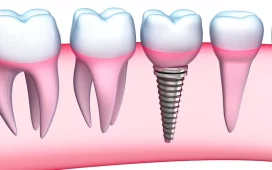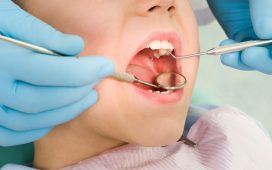The stigma around substance abuse has been changing its tone and society is making an effort to help people struggling with addictions. Over time, with added resources and research, it is evident that there is a complicated relationship between people having mental disorders and them getting involved in substance abuse. Medically termed as co-occurring disorders, or dual diagnosis, addiction cases with underlying mental health conditions are slightly more complex. Not only do these mental issues interfere with the addiction treatments, but unaddressed underlying health conditions increase the risk of relapse and exacerbate substance dependencies.
Dual diagnosis and types of mental health disorders
Psychologists have recognised several mental health conditions that can affect one’s behaviour and make them more likely to turn to drugs and substance abuse. Severe behavioural disorders like depression, anxiety, compromised cognition and bipolar disorders are usually considered mental disorders that can alter one’s brain chemistry.
Individuals struggling with such medical conditions or overwhelmed by some trauma often resort to using prescription drugs or substance abuse like alcohol to alleviate their struggles. However, prolonged use and increased dependency on such compounds push the users towards addictions, creating a never-ending loop of substance abuse and falling mental health. Treating such addictions requires specialized recovery treatments and a more strategic action plan to address both the substance use and the underlying disorder. Several rehab centers offerdual diagnosis treatment in Massachusetts for patients with special needs.
How can dual diagnosis impact recovery?
People can develop mental health disorders due to multiple reasons, some are genetic, while others can be due to trauma or environmental stressors. This variability already complicates addiction treatments as managing these mental health conditions requires strategic and targeted treatment plans. Furthermore, patients with co-occurring disorders are more likely to show severe symptoms, more impulsive and erratic behavior, and are at a higher risk of relapse. According to professionals, Individuals dealing with unmanaged depression or PTSD tend to take longer to engage in addiction treatments and build that trust in therapy. All of these factors can serve as some sort of a hindrance to recovery and make the treatment trickier to manage.
Through specialized co-occuring disorder treatment in Massachusetts, rehab institutes like GBAC, focus on a comprehensive addiction recovery plan. Working with mental health professionals, recovery advisors assess each patient thoroughly and lay out a personalised treatment program.
Key elements and milestones of integrated addiction treatment
In contrast to traditional addiction treatments, integrated addiction treatments are comprehensive care programs that focus on both, underlying mental health disorders and substance dependency. This targeted treatment plan helps address both problems and gives patients a better chance at addiction recovery.
An integrated treatment usually has three key stages
– Diagnostic Assessment
Using formal diagnostic metrics and frameworks, mental health and addiction professionals assess patient’s health for key markers of dual diagnosis. This is a crucial phase as it enables them to identify the extent of substance dependency as well as correctly identify the underlying triggers and mental health issues
– Personalised treatment plan
By adapting the usual treatment plans like PHP, IOP etc to specific patient needs, addiction specialists tailor a personalised treatment plan. This includes medication-assisted treatment, detoxification, therapy and support groups and other treatments
– Relapse prevention and therapy-driven support
Due to the complexity of dual-diagnosis, post-rehab, patients with co-occurring disorders have a greater risk of relapse. Therefore, by using specific relapse prevention methods and therapy-driven support groups, addiction treatment center in Needham, MA, can closely monitor and assist patients in transitioning back into their routine with minimal disruption.
If you know someone who is dealing with dual diagnosis or have any queries about substance abuse addictions, contact our team at GBAC for assistance and support.















